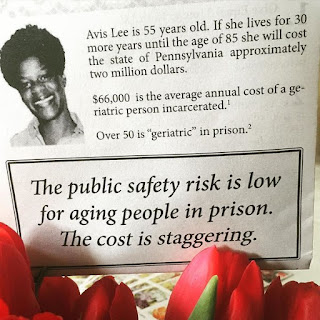In the introduction to his book "Helping Your Kids Cope With Divorce the Sandcastles Way", M. Gary Neuman opens with, "Why do couples divorce? Usually because one or both partners believe that ending the marriage will free them to create happier, emotionally healthy lives for themselves and their children."
After making that cheerful assertion, Neuman goes on to say that if parents handle their divorce in a mature and respectful way, that their children will do just fine. In other words, a marriage breakup need be no more traumatic than, say, a bad house fire or a move to another state.
But is this usually the case?
Thankfully, many children of divorce manage to recover well in spite of the dismantling of their household as they have known it. But based on my own observation, amicable divorces may actually result in more distress for children than the angry ones, at least in cases when the anger is associated with outrageous and clearly unacceptable behavior on the part of one or more of the parents involved. In those circumstances, or when there is ongoing adultery or abuse going on, children can clearly understand the reason for the divorce and may even feel genuine relief when it happens.
But when two otherwise loving, supportive parents call it quits and go about explaining that how they are going to have a nice, friendly divorce, children are confused. Why can’t these nice people they love so much just work things out, just a they expect their kids to do when they’re not getting along?
For better or for worse, 612 couples in Harrisonburg and Rockingham County decided to call it quits last year. This represents a dramatic increase over last year, when our number was 474, just ten short of the highest annual recorded number, 484, in 2013. And this doesn't include an untold number of undocumented hookups and breakups that are unaccounted for (Meanwhile, the number of marriage licenses issued last year was 985, actually less than the high of 1003 reached in 2001).
Assuming our family breakups involve an average of one child per unit, that's over 600 children whose lives will never be the same, and whose own future marriages may suffer from the lack of a healthy, amicable and stable marital models to build on.
Here are the numbers, each representing its own untold story:
Year Marriages Divorces
1996 873 387
1997 950 405
1998 964 396
1999 932 405
2000 947 365
2001 1003 438 (most annual marriages)
2002 976 421
2003 961 399
2004 959 437
2005 889 381
2006 929 389
2007 925 434
2008 950 405
2009 903 347 (fewest annual divorces)
2010 879 358 (fewest annual marriages since 1996)
2011 933 433
2012 995 445
2013 924 484
2014 972 427
2015 955 474
2016 985 612 (most annual divorces)
Clarification: Marriage numbers include those who come here from other locations to marry, whereas divorce numbers include only the breakups of who live in the City or County. However, it seems logical to assume that a roughly equal number of residents marry in other jurisdictions as marry here from other communities, so the numbers above should be reasonably valid for comparison purposes.
Footnote: The above numbers don't mean that over half of the couples getting married today are doomed to break up. Maybe their marriages will be more enduring than those entered in to in earlier years and that are now failing. And of course many of those divorcing are already in their second, third or fourth try.
On the other hand, were we to include all of the "undocumented" marriages to our numbers, the number of total breakups would be far greater. These are the increased number of couples who have "left father and mother" (become a separate household), "cleaved to each other" (become an exclusive couple) and "joined together as one flesh" (sexually consummated their relationship), only without benefit of a marriage license or a wedding ceremony. Contrary to popular opinion, their resulting undocumented "divorces" can be just as painful and disruptive, especially when children are involved.
In cases involving ongoing abuse, adultery or addictions on the part of a partner, a marital separation may not be justified, and even be a necessity. But adult partners who simply haven't learned to get along should seek whatever help necessary to resolve their differences and repair their relationship, rather than just head for the nearest exit. After all, we expect our children to work things when they disagree, not just give up on the family.












